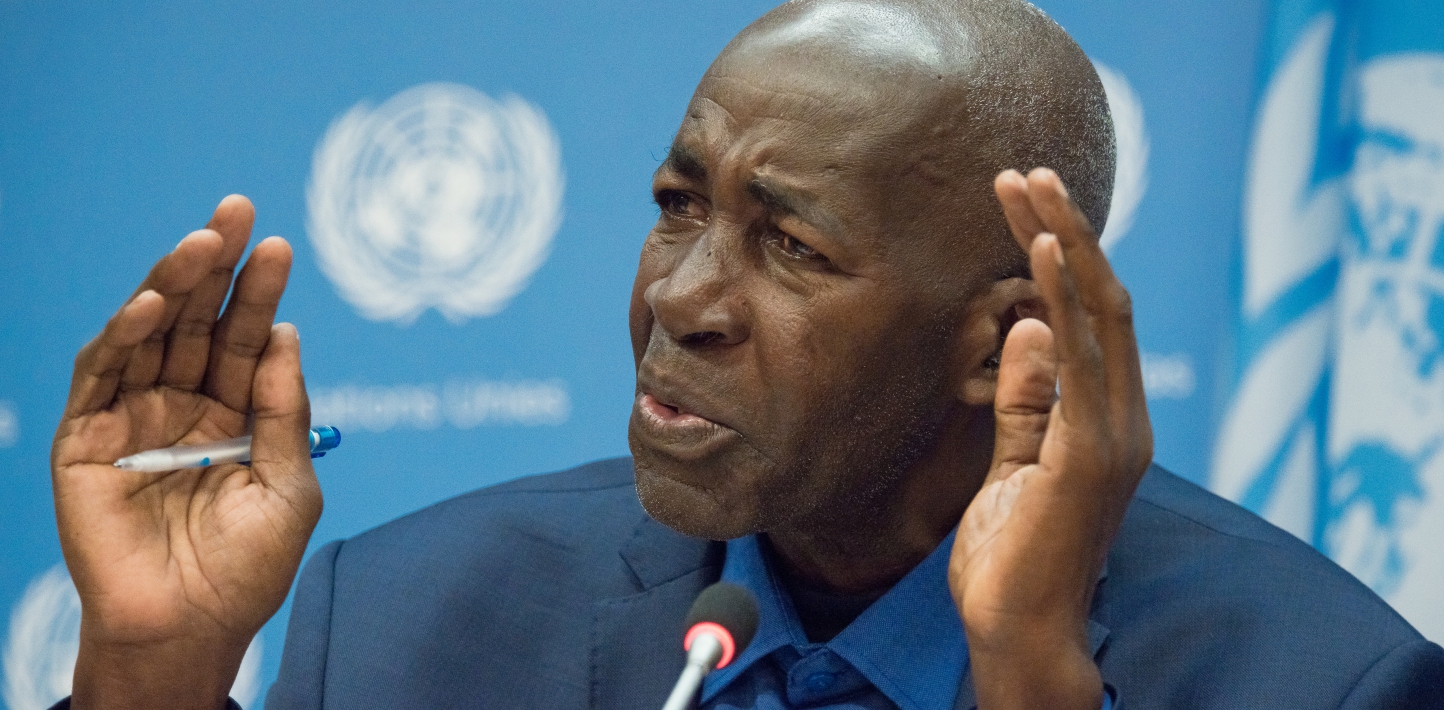From 2014 onward, Burundian HRDs, journalists and civil society came under ever-greater pressure in a fast-onset crisis that culminated in an almost total absence of HRDs and civil society space at the time of writing in April 2019. Accelerating harassment and arbitrary detention of HRDs and journalists were the canary in the coal mine for this human rights crisis. At the start of the crisis, the EU was well placed as a donor to Burundi and partner of the government. In response, it initiated intense political dialogue, launched consultations under article 96 of the Cotonou Agreement in October 2015, and finally suspended all aid conducted through the government in March 2016.
This response raised serious questions about how the EU and member states deliver on their stated commitment to support and protect HRDs in rapidly evolving crises. Since the activation of article 96, Burundi has become proverbial for a perceived human rights stalemate, with most diplomats seeing few further options for EU engagement after deploying this “nuclear” option. Today’s situation opens further questions about how the EU and member states can better engage with a country with limited formal channels for discussing human rights. The EU’s leadership on a resolution mandating a Commission of Inquiry on Burundi at the UN HRC is one alternative and suggests other avenues can and should be explored.
At the same time, Burundi presents extraordinary challenges. A large proportion of HRDs and civil society has gone into exile in the region and in the EU, where their need for protection and support are likely to persist.
What challenges do human rights defenders face?
Conclusions
Against the background of an acute human rights crisis, the almost total closure of civil society space and the shutdown of exchange with the authorities, the EU response for HRDs in Burundi points to several good practices. These include:
- statements and actions on detention or attacks on HRDs, in particular Pierre Claver Mbonimpa and Germain Rukuki; and
- boosted engagement in international human rights fora as formal dialogue channels diminish in country.
At the same time, the experience in Burundi highlights the urgent need for the EU to develop a more concrete, strategic approach to supporting HRDs in a spiraling human rights crisis. Based on the experience in Burundi, it will be crucial for the EU to develop tools for assessing and responding to the onset of a human rights crisis and to identify indicators of possible wider upcoming repression, such as the arbitrary detention and prosecution of HRDs. Developing such strategies and tools could be key both to respond in a timely manner to a crisis as it unfolds and to develop alternative courses of action where established channels close down.
Substantive alternatives include:
- intensifying engagement at a multilateral level;
- deeper collaboration with the UN and other like-minded actors; and
- supporting HRDs in country and in exile.
Still, none of these can serve as an alibi for EU inaction elsewhere. The persistent debate on “do no harm” in Burundi must be tested against realities on the ground and by consultation with HRDs themselves, who argue strongly for a more robust and visible EU position in support of HRDs.
Recommendations
- Pro-actively develop alternative channels to engage and influence the authorities on the human rights situation, even if formal channels have been closed, as was the case after article 96 was activated.
- Invest long term in the protection and capacity of HRDs remaining in country during a human rights crisis, ensuring that the EU and its member states adopt a strategic and sustained approach in response to the almost complete closure of civil society space and the protracted nature of the human rights crisis. Complement this with long-term exchange with, and support for, HRDs in exile.
- Provide flexible and urgent funds to HRDs and their family members in case of need, independently of whether they already receive project funding from the EU.
- Build measures into the successor of the Cotonou Agreement to consult with civil society regularly and to consider its input on the human rights situation in preparation for political dialogue.
Read the other chapters
<br><br><br>


